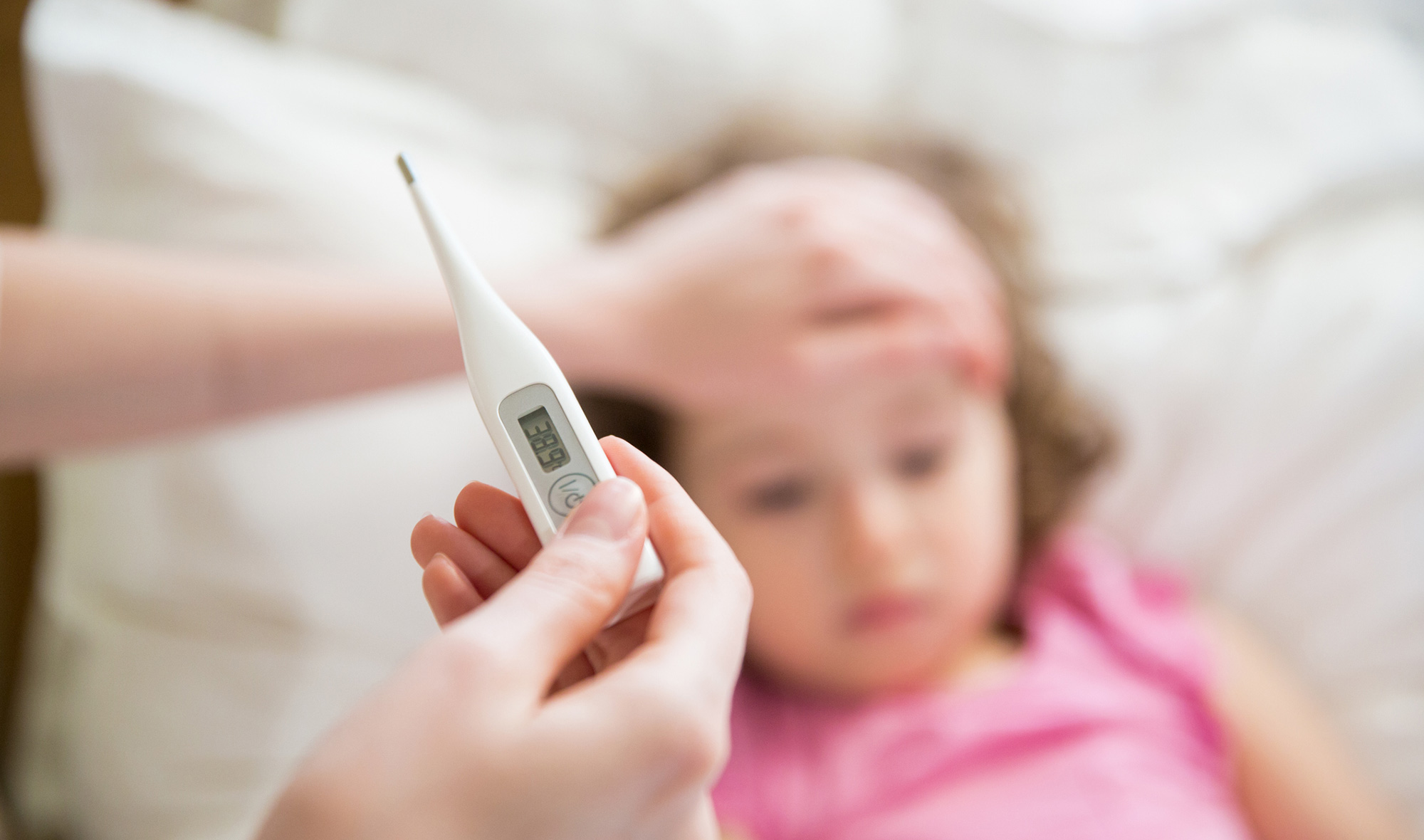Dementia is the term for a set of symptoms caused by many different disease processes. It involves a loss of mental function such as thinking, memory and reasoning. Dementia makes it hard for a person to remember, think, learn and communicate so that independent living is compromised or becomes impossible. Alzheimer’s is the most common form of age-related dementia, accounting for 50–60% of all dementias, with vascular dementia and Lewy body dementia being the next most common forms.
Dementia is not part of the normal aging process although age-related memory loss is common and normal. Forgetfulness may also occur with depression, bereavement, stress or anxiety. There are many treatable conditions that can appear similar to dementia. These include depression and psychosis, nutritional deficiencies such as B12 and folate deficiency, thyroid imbalance and drug interactions; a medical examination and tests are needed to exclude these causes.
Types of Dementia
- Diseases causing loss of nerve cells or degeneration of the brain such as Alzheimer’s, Parkinson’s and Huntington’s disease
- Diseases affecting blood vessels, ie. vascular or multi-infarct dementia
- Frontal lobe degeneration
- Stroke
- Head injury
- Kidney, liver or lung disease can all lead to development of dementia
- Alcohol or drug dependence.
Symtoms
- Recent memory loss and repetitive conversations
- Difficulty performing familiar tasks
- Problems with language, forgetting words or inappropriate words
- Disorientation in time and place
- Inappropriate dressing, forgetting about running taps or hot stoves
- Putting things in inappropriate places, eg. hiding money in the fridge
- Changes in mood, behaviour and personality.
Alzheimer’s Disease
The cause of Alzheimer’s disease is still not known. Possible associations include a genetic predisposition, lifestyle, environmental factors, toxins and viruses. A rapidly progressive form of Alzheimer’s occurs in younger people in their 40s and 50s but most sufferers are over 65 and the incidence increases with age. Sufferers have an accumulation of a gummy substance called amyloid, which clumps around nerve cells and in blood vessels in the brain. Healthy cells throughout the body make amyloid, but in Alzheimer’s sufferers, excessive amounts of amyloid are produced. The more amyloid present, the greater the degree of dementia.
Vascular Disease
This is also known as multi-infarct dementia and happens when brain tissue dies either from small blood vessels in the brain bursting or being blocked by blood clots.
Symptoms may be gradual when caused by a number of small or mini strokes, but they can be sudden and abrupt after a more serious stroke. There is a stepwise progression with confusion, which settles down until the next event. Symptoms include problems with walking, talking, thinking, vision and bladder control. It is important to treat underlying cardiovascular disease, such as high blood pressure or high cholesterol, to reduce the further likelihood of stroke and worsening of the dementia.
Lewy Body Disease
Lewy body dementia is associated with abnormal inclusions of protein-containing material in the brain cells, thought to be deposited when the brain is under stress. It is characterised by dementia and Parkinsonian features of tremor, rigidity and slow movement.
Fronto-Temporal Dimentia
Here there is damage in the frontal lobes of the brain and this is associated with a change in personality and loss of judgment leading to inappropriate and uninhibited behaviour. Personality and behaviour changes may lead to swearing, overeating, shoplifting and hypersexual behaviour, all totally out of character with the person’s previous nature.
Prevention and Treatment
When is forgetfulness not just forgetfulness?
If you start mislaying your car keys, forgetting to take the meat out of the freezer for dinner, or missing appointments, don’t jump to the conclusion that you have dementia! These are usually signs of age-related forgetfulness. Serious memory problems however should be investigated by a consultation with your doctor. These include:
- Getting lost in a place you know well
- Repeating the same question over and over
- Being unable to follow directions or instructions
- Becoming very confused about people, time or places
- Being unable to take care of yourself, eg. eating poorly, not bathing, or being unsafe.
Seek help as soon as you suspect a problem:
Not all symptoms suggestive of dementia are Alzheimer’s. Some forms of dementia can be treated or slowed if caught early, or in some cases underlying causes can be remedied and the dementia cured. Early medical assessment helps to:
- Rule out Alzheimer’s Disease and provide peace of mind for the sufferer and family
- Identify causes of the dementia like symptoms and begin treatment
- Diagnose Alzheimer’s Disease early so that medication that’s only effective in the early stages of disease can be trialled.
Is there anything that may slow or prevent the development of dementia?
- Using your brain regularly by doing crosswords and different puzzles
- Regular walking and other moderate exercise can reduce your risk of vascular dementia by keeping your cardiovascular system healthy
- Eating a diet high in antioxidants from fresh fruits and vegetables (especially berries)
- Eating fish 3–4 times a week (high in omega-3 fatty acids good for brain health)
- Drinking moderate amounts of any form of alcohol (1–2 glasses a day).
- Avoiding unhealthy saturated and trans fats and increasing omega-3 fats from fish, nuts and seeds and flax oil.
Berries may help prevent dementia
Berries may help prevent dementia according to research from the New Zealand Food Research Institute. Berries such as blueberries and boysenberries are full of antioxidant compounds which may be able to reduce or block the cell damage that leads to Alzheimer’s Disease. Alzheimer’s results from the build-up of amyloid plaques in the brain, as a result of free radical damage. Test-tube studies have shown that anthocyanins (a type of antioxidant) found in berries appear to prevent the damage which leads to amyloid formation. Scientists hope that the test-tube results can be replicated in humans, and that a diet rich in berries may indeed prevent or slow the development of Alzheimer’s disease.
Medications may help stabilise Alzheimer’s symptoms
There is no “cure” for Alzheimer’s disease, but there are a number of pharmaceutical medications used to help stabilise symptoms such as memory loss, language or motor function etc. Some medications are also used to help slow down the progression of the disease. These drugs work by maintaining levels of a neuro-transmitter called acetylcholine; or by regulating another neurotransmitter called glutamate, important for learning and memory.
Behavioural or psychiatric symptoms are sometimes helped through the use of antidepressants (for depression), anti-anxiety medications (for anxious or verbally disruptive behaviour) or anti-psychotics (hallucinations, delusions and aggression).















Community